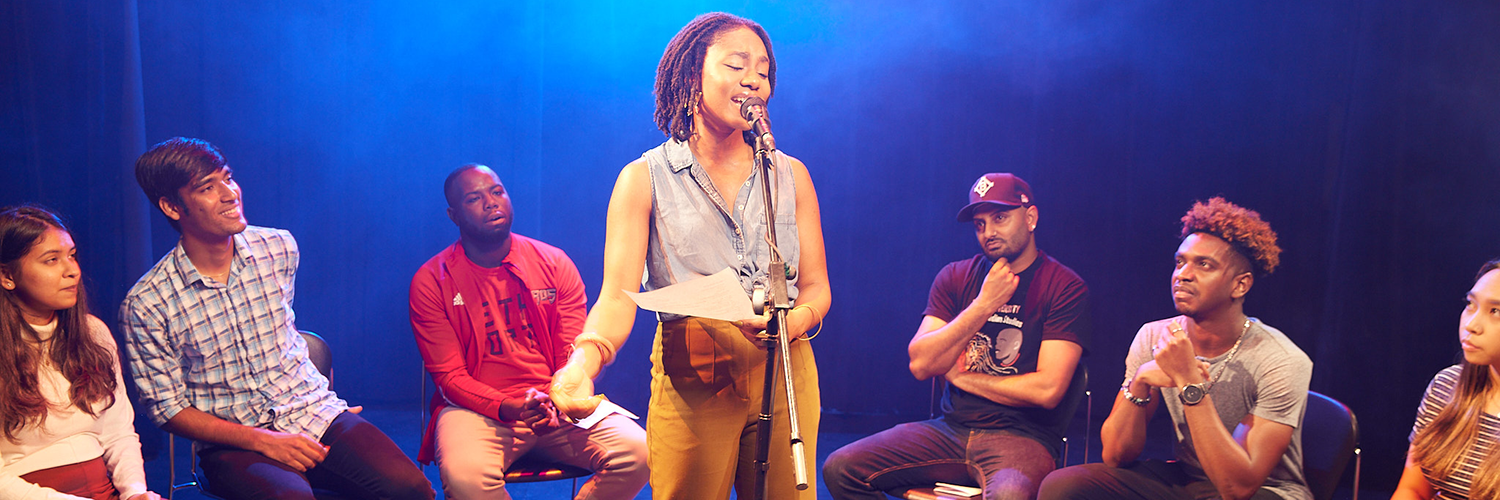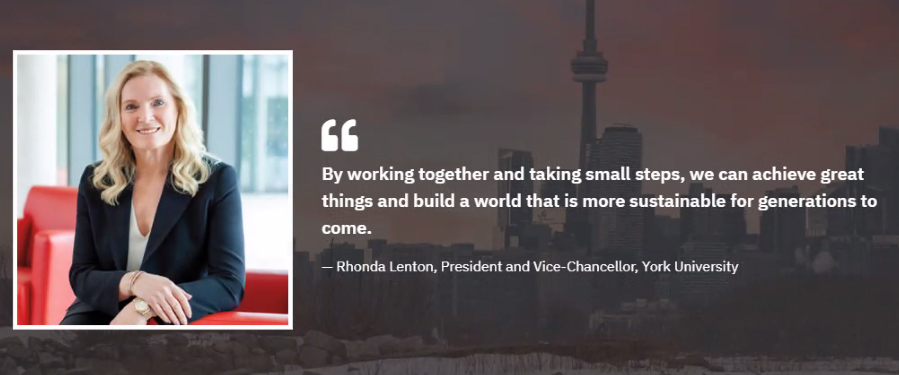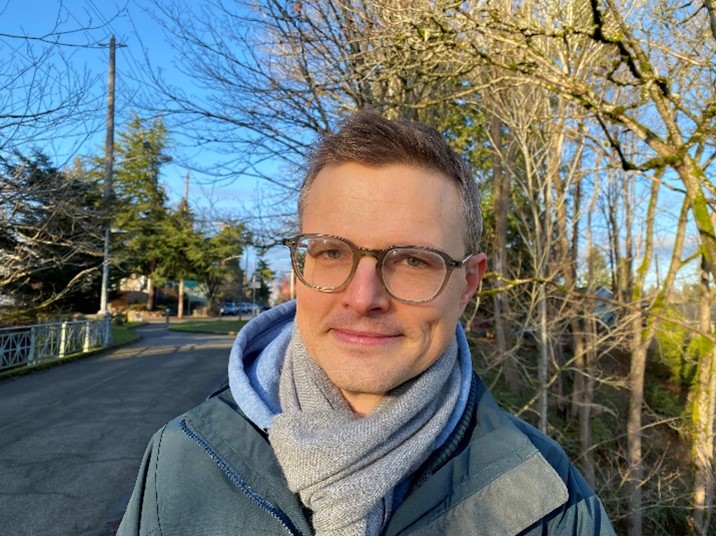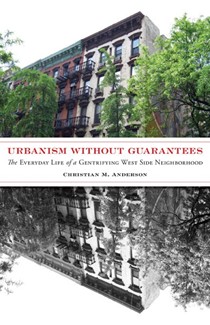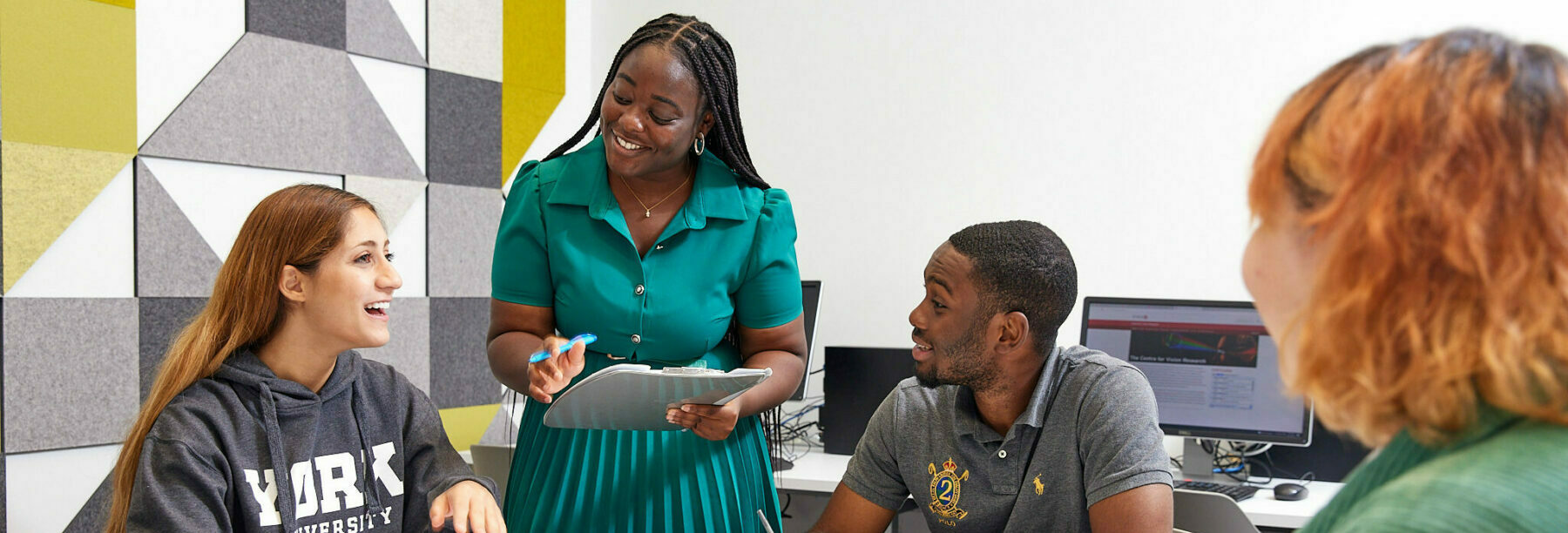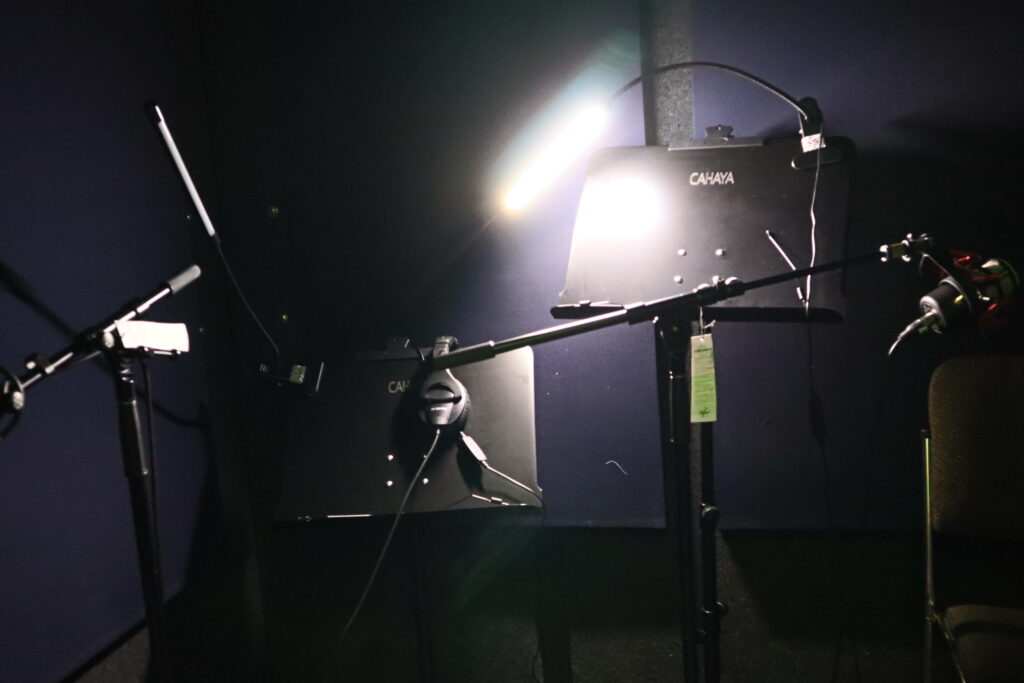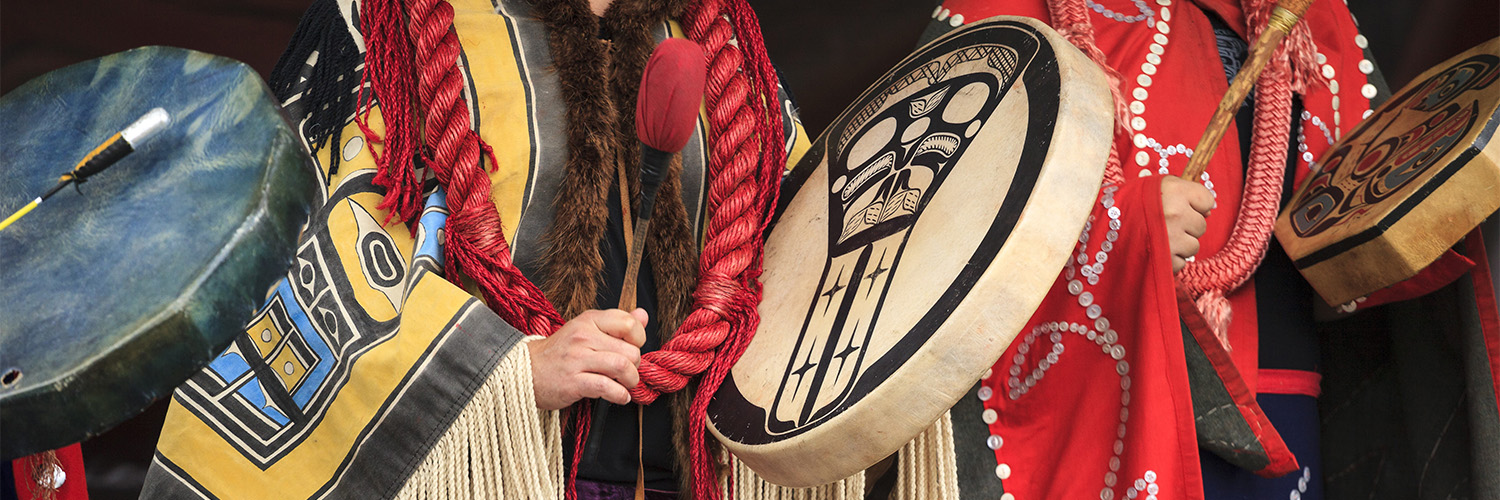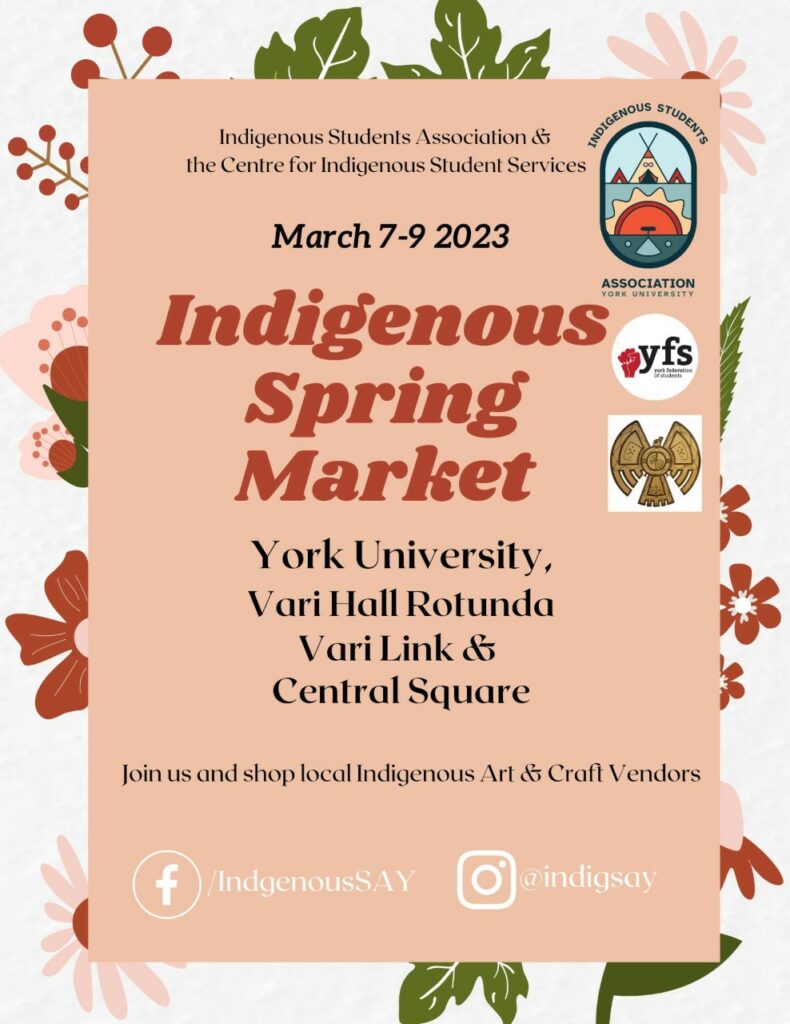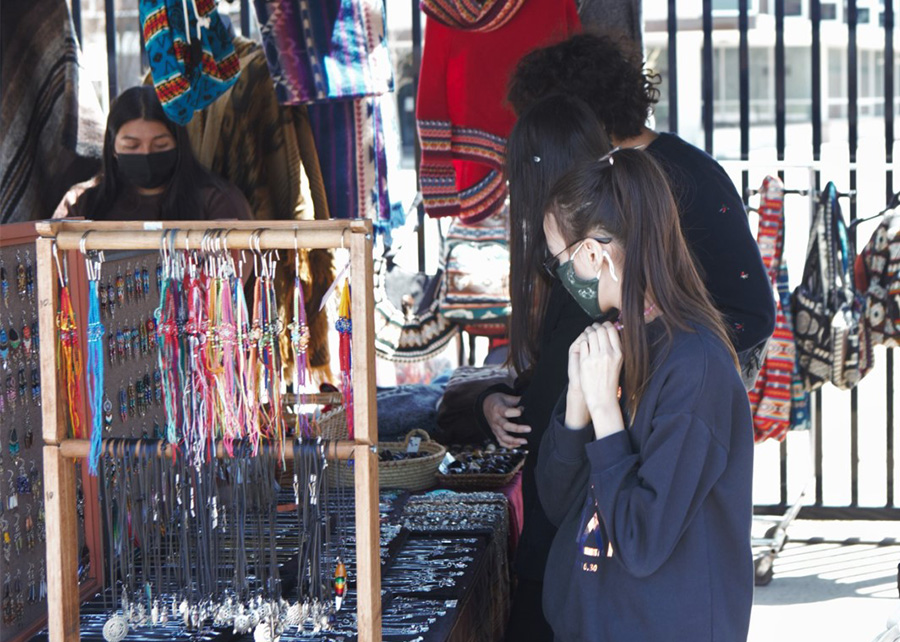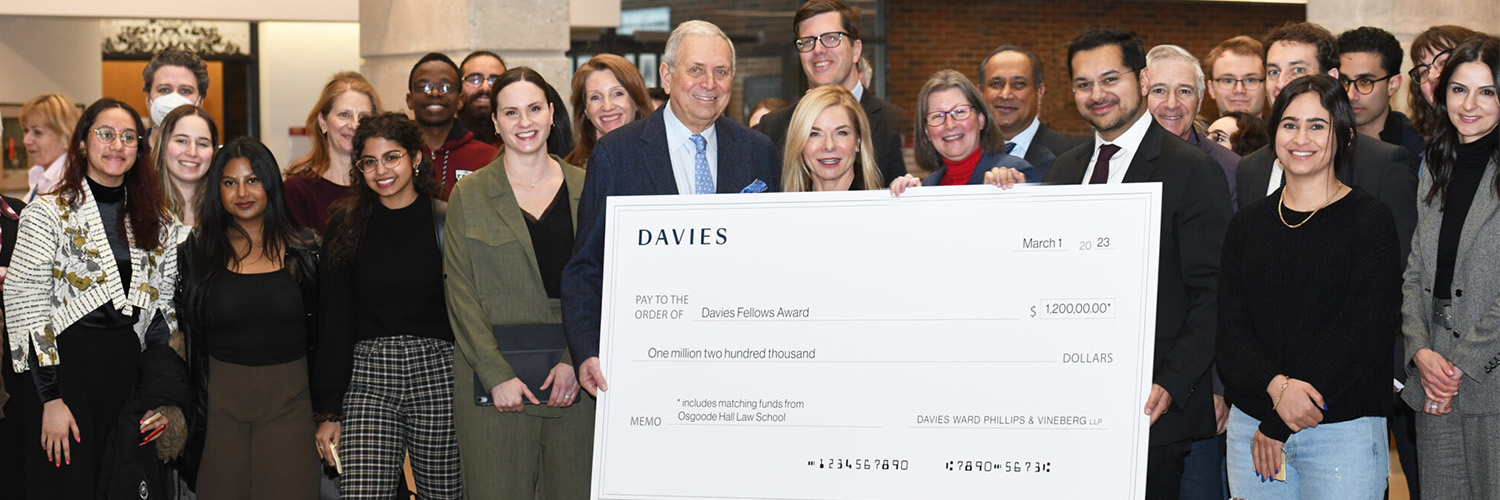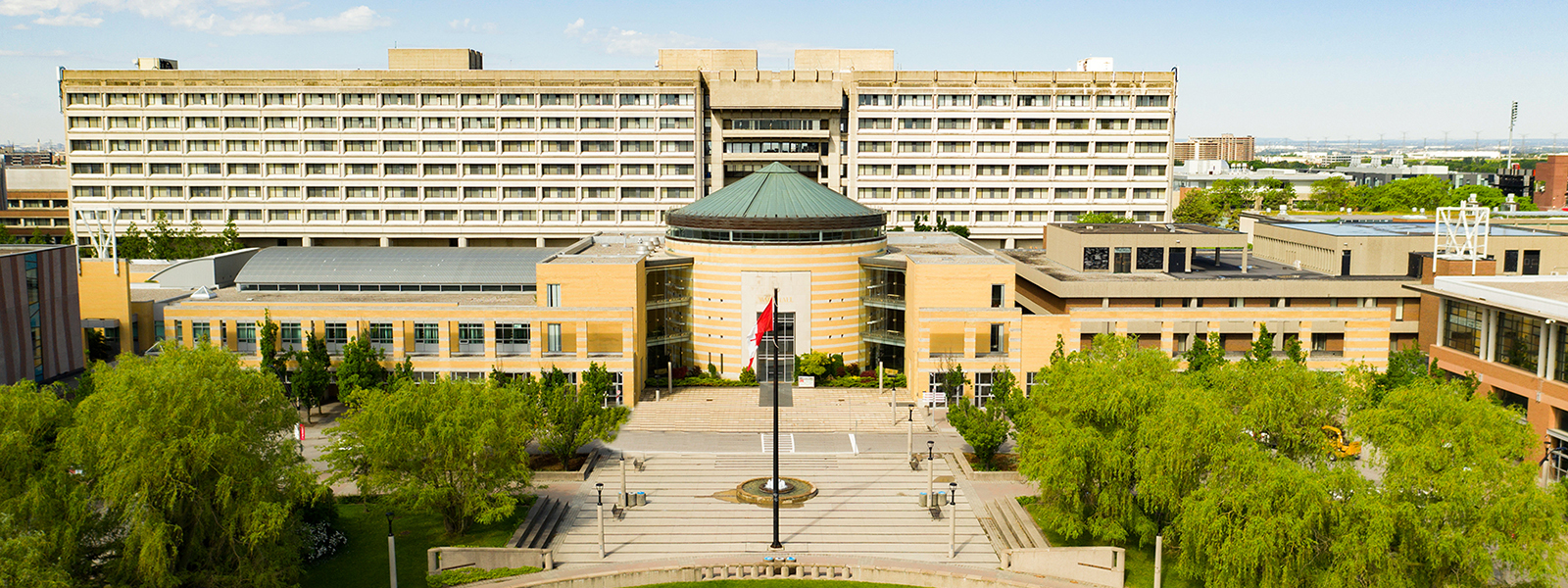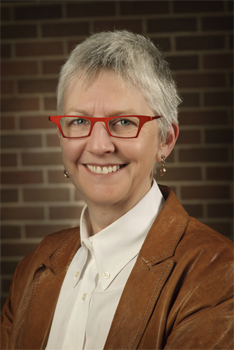La version française suit la version anglaise.
A statement from President and Vice-Chancellor Rhonda Lenton and Vice-President Equity, People & Culture Sheila Cote-Meek on International Women’s Day:
Dear York community,
Today marks International Women’s Day, a day that celebrates and honours the many acts of courage and determination that women, girls, Two-Spirit, gender-diverse, non-binary and transgender people have made globally and within their own communities to advance gender equity.
We recognize women leaders who have faced violence and, in some instances, have been killed for taking a political stance.
We also acknowledge the lived experiences of women with intersectional identities, including gender, ability, age, identity, race, gender diversity and Indigeneity, who experience multiple forms of oppression in addition to living within patriarchal systems. Often, violence is disproportionately directed at Indigenous, Black, women of colour, disabled, Two-Spirit and trans women.
The theme for International Women’s Day 2023, #EmbraceEquity, reinforces intersections of identity and lived experiences. This year’s theme aims to “make equity a part of every society’s DNA.” To accomplish this, we all must take action to embrace equity, understand the differences between equity and equality and recognize that “equal opportunities are no longer enough.”
York University embraces diverse points of view and strives to create equitable communities and to foster a sense of connection and inclusion for all. The upcoming release of York’s Decolonizing, Equity, Diversity and Inclusion (DEDI) Strategy affirms our commitment to DEDI and social justice. This commitment is also evident in the 2020–2025 Academic Plan: Building a Better Future, which includes a community-wide challenge to elevate York’s commitment to the UN Sustainable Development Goals (UN SDGs). UN SDG 5: Gender Equality is particularly important to remember on this day. It aims to end all forms of discrimination and violence against women and girls and achieve gender equity through equitable access to education, advancing gender-equity in research, teaching and learning, and nurturing communities where women thrive.
At York, we are working to elevate UN SDG 5 through initiatives like YSpace ELLA, Ontario’s first women business accelerator, events like Athletics and Recreation’s Women and Girls Leadership and Sport Conference, and SEXGEN, a University-wide committee that advises and advocates for sexual and gender diversity, to name just a few. We encourage you to celebrate International Women’s Day by registering for today’s Inclusion Week keynote “Reclaiming the Transformative Roots of DEDI/EDI,” by equity thought leader Kike Ojo-Thompson.
We wish the York community a happy International Women’s Day as we celebrate women who move gender equity forward.
Together, we can #EmbraceEquity.
Thank you. Merci. Miigwech.
Sincerely,
Rhonda Lenton
President and Vice-Chancellor
Sheila Cote-Meek
Vice-President, Equity, People & Culture
L’Université York célèbre la Journée internationale des femmes
Déclaration de la présidente et vice-chancelière, Rhonda Lenton, et de la vice-présidente de l’équité, des personnes et de la culture, Sheila Cote-Meek, à l’occasion de la Journée internationale des femmes:
Chère communauté de York,
La Journée internationale des femmes célèbre et honore les nombreux actes de courage et de détermination des femmes, filles, personnes bispirituelles, diversifiées sur le plan du genre, non binaires et transgenres dans le monde et au sein de leur communauté pour faire progresser l’équité des genres.
Nous reconnaissons les leaders qui ont été confrontées à la violence et qui, dans certains cas, ont perdu la vie à cause de leur position politique.
Nous reconnaissons également les expériences vécues par les femmes ayant des identités intersectionnelles — notamment liées au genre, aux capacités, à l’âge, à l’identité, à la race, à la diversité de genre et à l’appartenance autochtone — qui subissent de multiples formes d’oppression en plus de vivre dans des systèmes patriarcaux. Souvent, la violence est dirigée de manière disproportionnée contre les femmes autochtones, noires, de couleur, en situation de handicap, bispirituelles et transgenres.
Le thème de la Journée internationale des femmes 2023 – Célébrons l’équité – renforce les intersections de l’identité et des expériences vécues. Ce thème vise à « inscrire l’équité dans l’ADN de chaque société ». Pour y parvenir, nous devons tous et toutes prendre des mesures pour adopter l’équité, comprendre les différences entre équité et égalité et reconnaître que l’égalité des chances ne suffit plus.
L’Université York adopte divers points de vue et s’efforce de créer des communautés équitables et de favoriser un sentiment d’appartenance et d’inclusion pour tout le monde. La Stratégie de décolonisation, d’équité, de diversité et d’inclusion (DEDI) de York, qui sera publiée prochainement, affirme notre engagement envers la DEDI et la justice sociale. Cette volonté est également manifeste dans le Plan académique 2020-2025 : Bâtir un avenir meilleur qui comprend un défi à l’échelle communautaire pour renforcer l’engagement de York envers les Objectifs de développement durable (ODD) des Nations Unies. L’ODD 5 : Égalité entre les sexes est particulièrement important en cette journée. Cet objectif vise à mettre fin à toutes les formes de discrimination et de violence envers les femmes et les filles et à parvenir à l’égalité des genres grâce à un accès équitable à l’éducation, en faisant progresser l’égalité des genres dans la recherche, l’enseignement et l’apprentissage, et en favorisant les communautés où les femmes s’épanouissent.
À York, nous nous efforçons de renforcer l’ODD 5 grâce aux initiatives suivantes : YSpace ELLA, le premier accélérateur d’entreprises pour les femmes en Ontario, des événements comme la Women & Girls Leadership and Sport Conference organisée par le Département d’athlétisme et des loisirs de York, et SEXGEN, un comité panuniversitaire qui donne des conseils et milite pour la diversité sexuelle et de genre. Aujourd’hui, nous vous encourageons à célébrer la Journée internationale des femmes en écoutant le discours d’ouverture de la Semaine d’inclusion, intitulé « Reclaiming the Transformative Roots of DEDI/EDI », prononcé par Kike Ojo-Thompson, experte en équité.
Nous vous souhaitons une bonne Journée internationale des femmes tandis que nous célébrons les femmes qui font avancer l’égalité des genres.
Célébrons ensemble l’équité. #EmbraceEquity
Merci. Thank you. Miigwech.
Sincères salutations,
Rhonda Lenton
Présidente et vice-chancelière
Sheila Cote-Meek
Vice-présidente de l’équité, des personnes et de la culture



